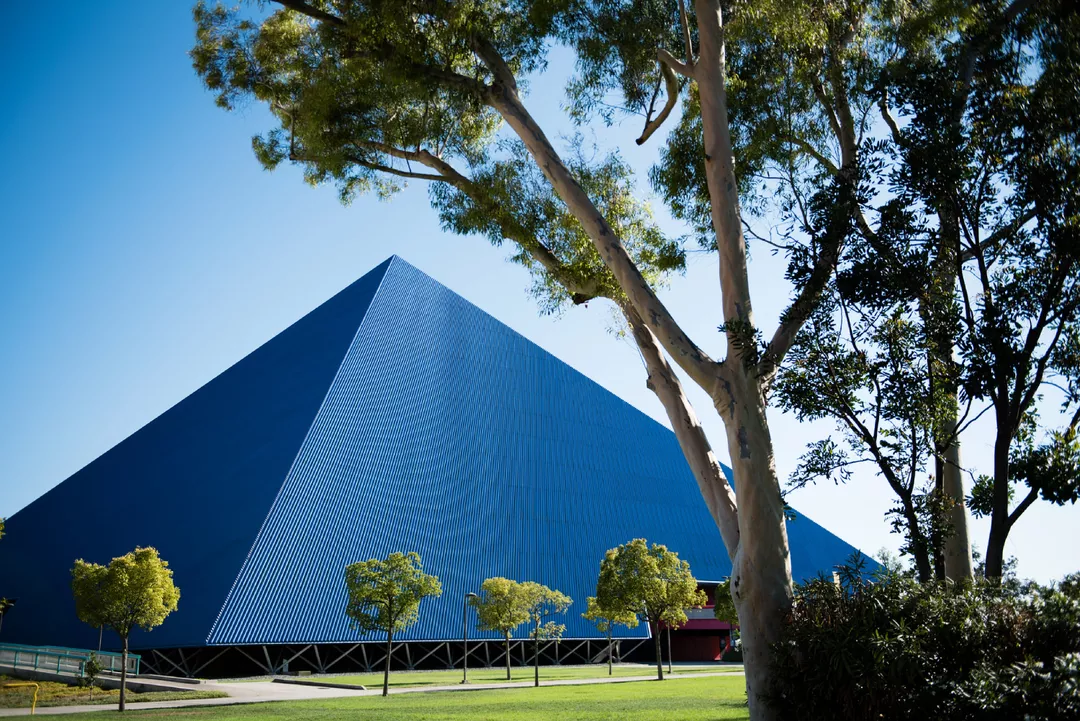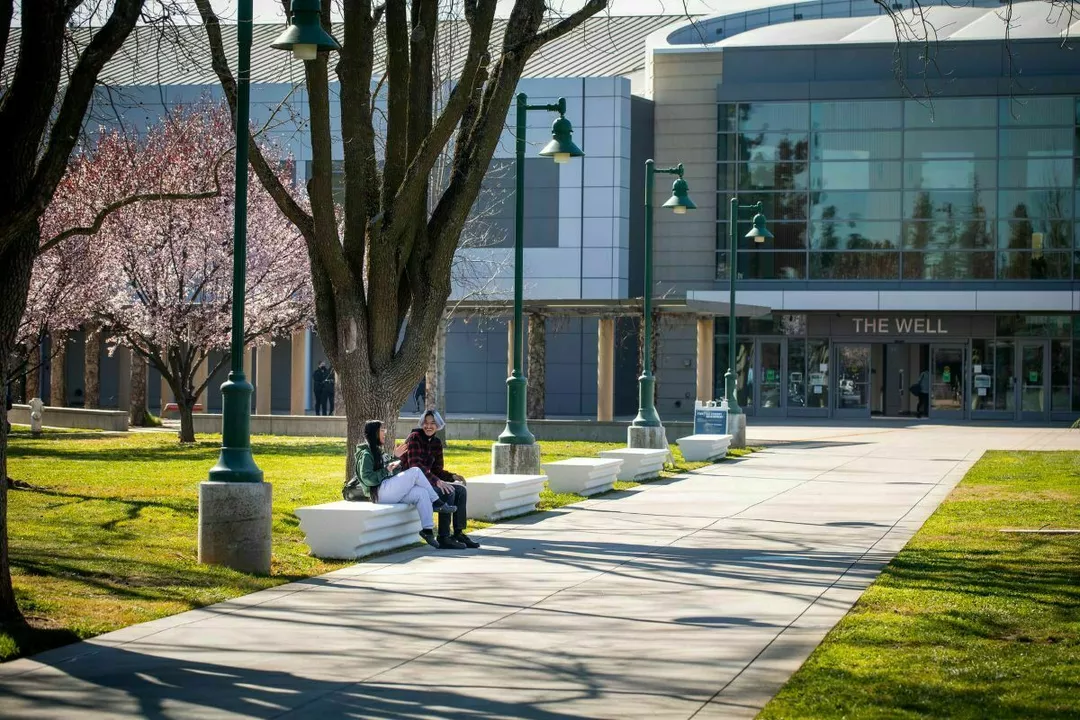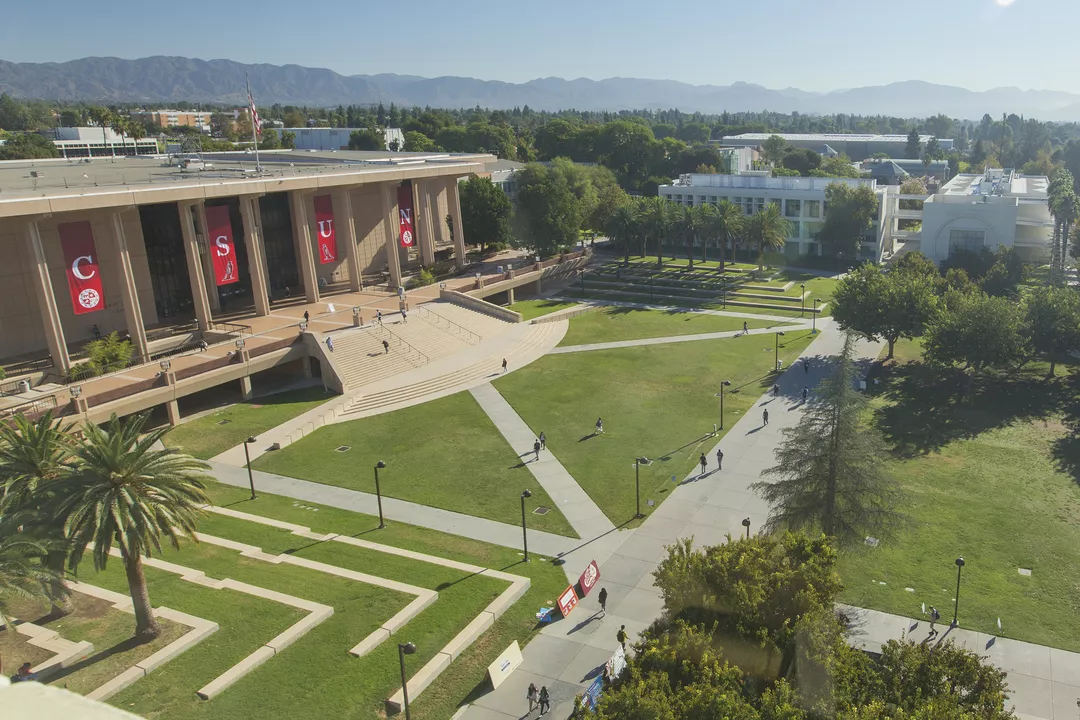-
hello@abroadcube.com
Mail us
-
Call For Help:
98779 83783
-
Whatsapp Us
70090 34921
Environmental and Occupational Health (EOH) is concerned with the biological, chemical and physical factors affecting human health and the environment. The program provides a solid science-based education with practical applications for a safer and healthier environment. As a result, graduates work in a variety of high-demand jobs, such as air quality, water quality, food safety, housing, industrial hygiene, hazardous waste management, environmental consulting and radiation safety. Graduates also work in a wide range of settings, including private industry (aerospace, manufacturing, food production, biotechnology and many others), local government (city and county health departments), state government (Cal OSHA and Cal EPA), federal government (Public Health Service, EPA, OSHA, Department of Health and Human Services), unions, public interest groups, universities and lobbying organizations.
Courses are explicitly designed to give students the skills needed to succeed on the job. Local employers, many of whom have graduated from this department, routinely seek California State University - Northridge's graduates as new hires. As one of the largest programs of its kind in the nation, the department has an extensive network of environmental and occupational health professionals dedicated to the protection of the environment and community, as well as worker health and safety.
The M.S. degree is designed to prepare the graduate for higher-level professional activities, including research, analysis and management of EOH systems.
| Level | Masters |
| Discipline | Sciences |
| Duration | 24 months |
| Intakes | Jan, Sep |
| Application Fees | USD 70 |
| Tuition Fees | USD 15626 |
| Campus | Northridge |
| Language proficiency (minimum) | |
| IELTS | 6.5 |
|---|---|
| TOEFL | 79 |
| PTE | 58 |
| Duolingo | 105 |
| Exam proficiency (minimum) | |
| SAT | Not Required / Waiver |
|---|---|
| ACT | Not Required / Waiver |
| GRE | Not Required / Waiver |
| GMAT | Not Required / Waiver |
Minimum GPA - 63%
QS Quacquarelli Symonds is the world’s leading provider of services, analytics, and insight to the global higher education sector, whose mission is to enable motivated people anywhere in the world to fulfil their potential through educational achievement, international mobility, and career development.
THE (Times Higher Education) has been providing trusted performance data on universities for students and their families, academics, university leaders, governments and industry, since 2004. We create university rankings to assess university performance on the global stage and to provide a resource for readers to understand the different missions and successes of higher education institutions.
The Academic Ranking of World Universities (ARWU) was first published in June 2003 by the Center for World-Class Universities (CWCU), Graduate School of Education (formerly the Institute of Higher Education) of Shanghai Jiao Tong University, China, and updated on an annual basis
The "Webometrics Ranking of World Universities" is an initiative of the Cybermetrics Lab, a research group belonging to the Consejo Superior de Investigaciones Científicas (CSIC), the largest public research body in Spain. CSIC is among the first basic research organizations in Europe. The CSIC consisted in 2006 of 126 centers and institutes distributed throughout Spain.



